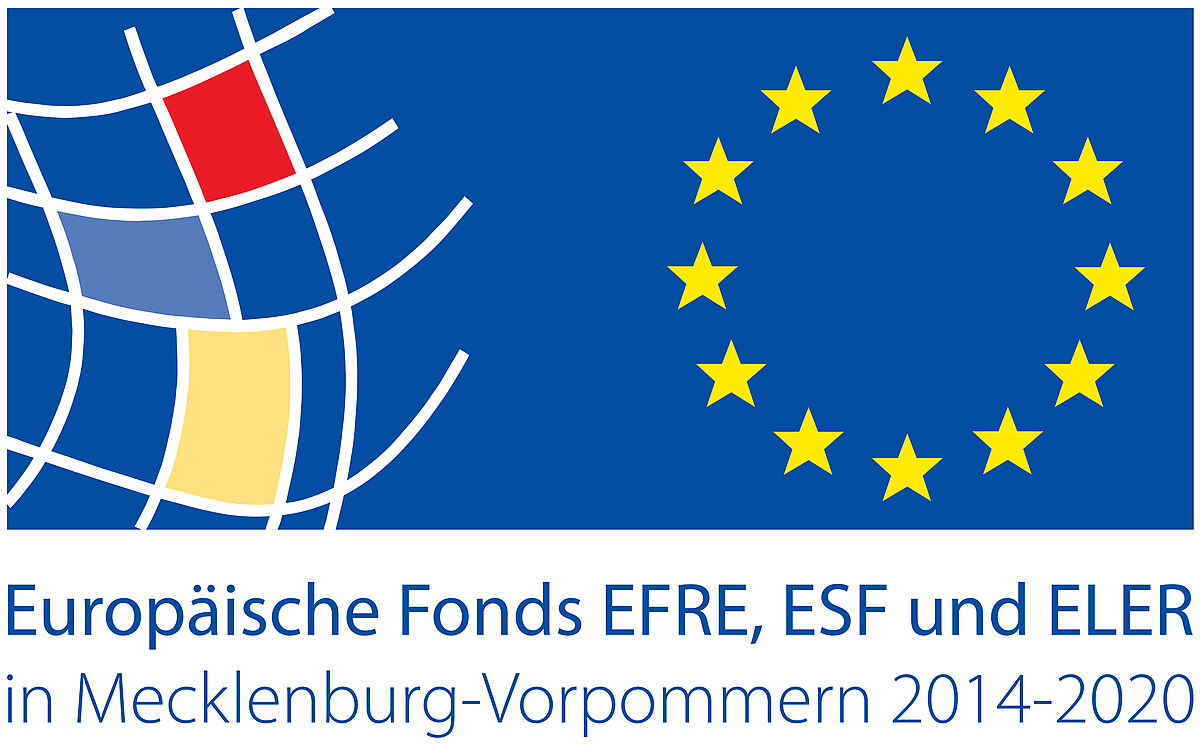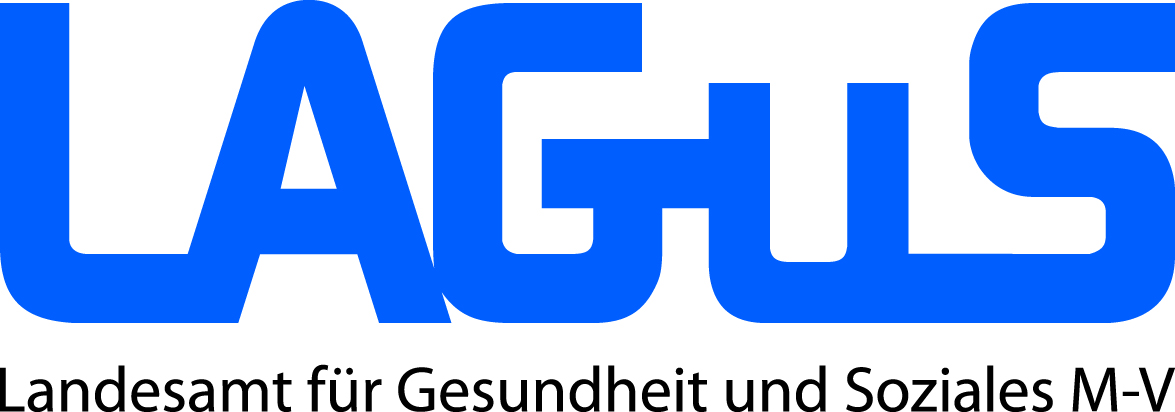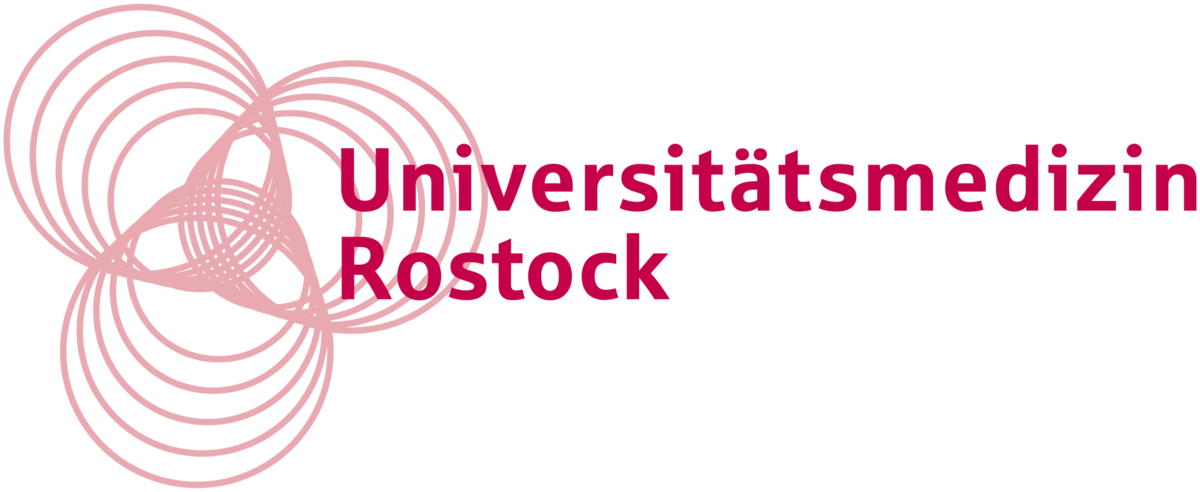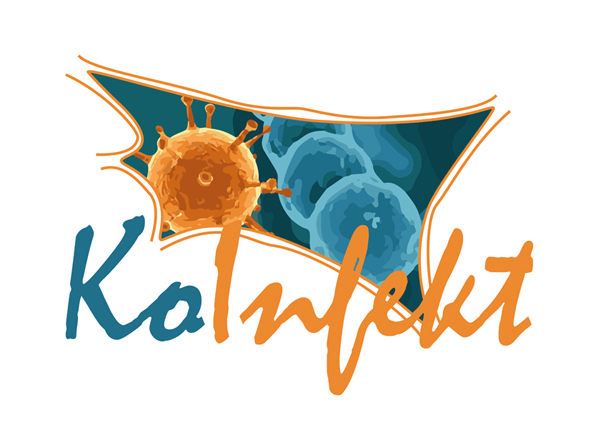
KoInfekt :: Elucidation of Pathomechanisms of Bacterial-Viral Co-infections with New Biomedical Models
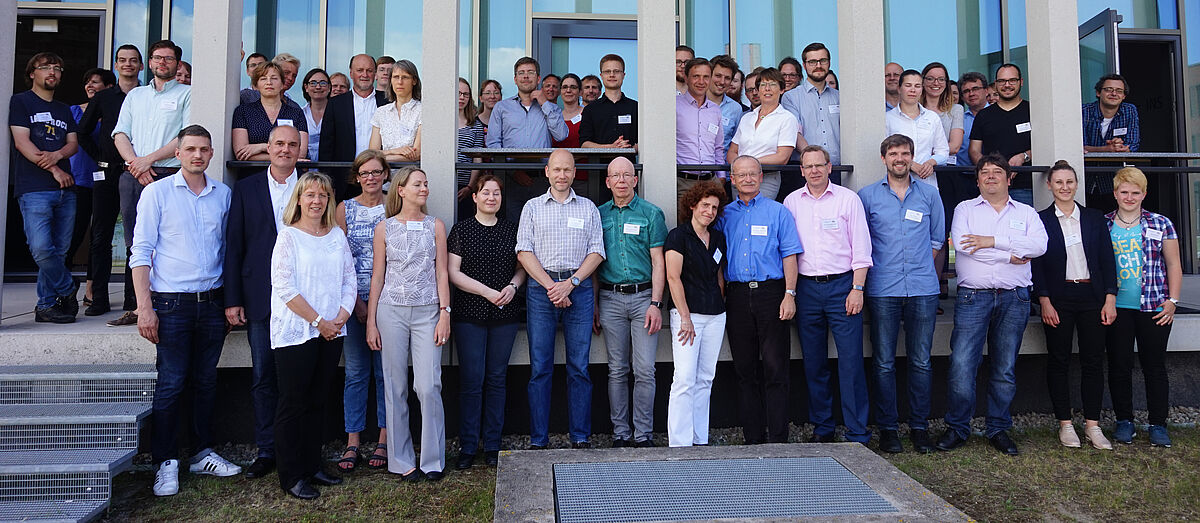
Bacterial-viral co-infections are mixed infections where bacterial and viral pathogens are simultaneously present in the host and cause severe courses of disease. Humans and animals can be equally affected. Particularly co-infections of Influenza A viruses and bacteria causing severe pneumonia lead to high death rates every year.
The research programme KoInfekt investigates co-infections of Influenza A viruses with the most important causative bacterial agents of secondary infections: Streptococcus pneumoniae, Streptococcus suis, Streptococcus pyogenes, and Staphylococcus aureus. Within 14 different projects, more than 40 scientists aim to gain insights into pathogen-host interactions, the course of disease and induced host immune responses in order to develop novel strategies for control and prevention. In addition to mouse models, it is intended to establish pigs as biomedical models for co-infections. The genetic and physiological similarity between humans and pigs is high and they might therefore serve as suitable natural models for human infections.
The Federal Research Institute for Animal Health on Insel Riems will contribute its expertise in the field of large animal infection research and virology. Research at the University of Greifswald will focus on small animal infection research, microbiology, immunology, and global OMICS analysis in cooperation with other KoInfekt partners at the University Medicines Greifswald and Rostock.
The results of KoInfekt will serve as basis for the development of more detailed prognoses for the severity of disease, establishment of molecular biomarkers, and improvement of clinical application.
Research project funded by the European Union (ESF), Excellence Initiative Mecklenburg-Western Pomerania
